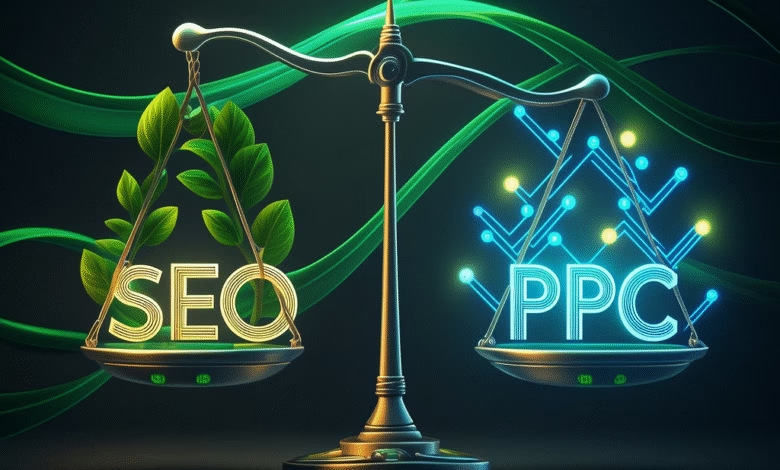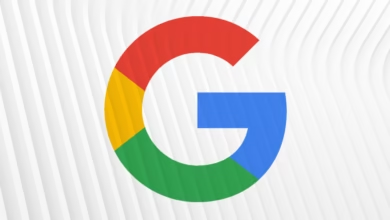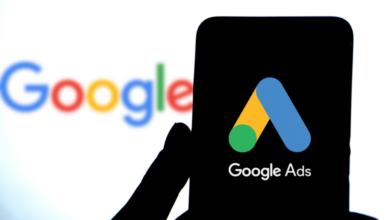Master Your SEO & PPC Budget for Maximum Impact

▼ Summary
– There’s no universal budget split for SEO vs. PPC; the right balance depends on business goals, timelines, and expected results.
– PPC offers immediate visibility and predictable costs, while SEO provides long-term growth but takes months to show impact.
– Urgency and goals influence budget allocation: PPC suits short-term needs, while SEO reduces long-term customer acquisition costs.
– AI Overviews in search are changing SEO strategies, requiring investments in structured content and technical improvements for visibility.
– Budget planning should model realistic outputs for each channel, with flexibility to adjust based on performance data and market shifts.
Finding the right balance between SEO and PPC budgets requires careful planning, not guesswork. Marketing teams must justify every dollar spent, making it essential to align investments with business objectives, timelines, and expected outcomes. Rather than viewing these channels as competing priorities, the key lies in leveraging their unique strengths to drive sustainable growth.
PPC delivers instant visibility, allowing businesses to buy clicks, impressions, and leads on demand. Platforms like Google Ads and paid social media offer predictable costs—spend $10,000 at a $3 CPC, and you’ll likely secure around 3,300 clicks. This direct correlation between spend and pipeline makes PPC a favorite for performance-driven campaigns.
SEO, on the other hand, is a long-term investment. Funds go toward content creation, technical optimizations, and link-building efforts that gradually improve rankings. While organic clicks don’t come with a per-click price tag, the payoff compounds over time, reducing customer acquisition costs. The trade-off? Results take months to materialize, and predicting ROI is trickier than with paid campaigns.
Urgency and goals dictate budget allocation. Need immediate leads or a quick traffic boost? PPC should dominate short-term spending. Launching a new product or chasing quarterly targets? Paid ads deliver rapid results. But for brands focused on lowering long-term acquisition costs or strengthening organic visibility, SEO deserves a larger share. Many companies start with a 70/30 PPC-heavy split, then gradually shift toward SEO as organic gains momentum.
The rise of AI-driven search is reshaping SEO strategies. Google’s AI Overviews and featured snippets now answer queries directly on results pages, often pushing traditional organic listings downward. To stay competitive, brands must optimize for these new formats by incorporating structured data, FAQ sections, and multimedia content. This evolution doesn’t diminish SEO’s value—it demands a more strategic approach.
Budgeting should reflect realistic outputs. Allocating $80,000 of a $100,000 budget to PPC might yield 25,000 clicks and 500 conversions, while the remaining $20,000 could fund monthly content production and technical improvements. Organic efforts take time to gain traction but deliver lasting returns, whereas PPC traffic vanishes the moment spending stops.
Leadership needs clarity on ROI. Executives want to see how investments translate into results. PPC offers measurable, short-term wins, while SEO builds enduring value. Frame PPC as a controllable faucet and SEO as a self-sustaining well—both are essential for a balanced strategy. Use data-driven projections to illustrate how different budget splits impact traffic, conversions, and costs over time.
Metrics matter, but they vary by channel. PPC success hinges on metrics like impression share, CPA, and ROAS, while SEO performance is tracked through organic traffic growth, rankings, and engagement. Highlight how the two channels complement each other—for instance, paid ads might drive initial clicks, but high-converting organic pages reduce reliance on paid spend over time.
Flexibility is critical. Market shifts, performance trends, and seasonal demands should influence budget adjustments. If PPC costs spike without corresponding conversions, reallocating funds to SEO might be wise. Conversely, stagnant organic engagement could signal a need for paid retargeting or CRO enhancements. Quarterly reviews ensure spending aligns with evolving priorities.
Avoid common pitfalls. Overcommitting to SEO without patience for results or exhausting budgets on short-lived PPC campaigns can derail growth. Sustainable success requires funding both immediate lead generation and long-term organic growth, plus ongoing testing and optimization.
The optimal mix evolves with your business. There’s no fixed formula—just the right balance for your current goals and resources. Regularly reassess performance data to refine allocations, ensuring your strategy adapts to changing needs. Smart marketers don’t pick sides; they build agile plans that maximize impact today while laying the groundwork for tomorrow’s success.
Featured Image: Jirapong Manustrong/Shutterstock
(Source: Search Engine Journal)






